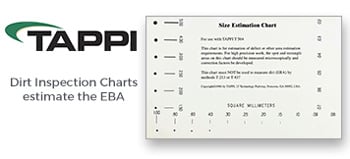Molecular Sieves: Unique Moisture and Odor-Taste Control Materials, 1999 Polymers, Laminations & Coatings Conference Proceedings
David Hajdu
Technical Sales & Marketing Specialist
UOP LLC
307 Fellowship Rd. .
Ste. 207
Mt. Laurel, NJ 08054
Thomas J. Dangieri
Applications Specialist
UOP LLC
25 E. Algonquin Rd.
Des Plaines, IL 60017
Stephen R. Dunne
R&D Fellow
UOP LLC
25 E. Algonquin Rd.
Des Plaines, IL 60017
Molecular sieves are highly porous inorganic crystalline materials that are characterized by a three-dimensional crystal framework with specific, uniformly controlled pore-size openings. Their unique structure and charge density enables them to readily adsorb, slowly adsorb, or completely exclude individual gas-phase molecules. These molecular sieve additives can increase the organoleptic quality of polymers and papers and can potentially add to the interactive functionality of packaging materials so that the product is kept fresh and product odors are controlled.
Hydrophobic molecular sieves physically adsorb odor-source molecules. These sieves are not masking agents nor are they additives with lower odor levels. Their incorporation into polymer structures can result in entrapping and rendering inoffensive, odor and taste compounds that may have been generated from polymer oxidation, migration of external contaminants, or dissolution of additives. UOP’s ABSCENTS deodorizing powder is an example of a hydrophobic molecular sieve.
Hydrophilic molecular sieves physically adsorb water molecules and they can reduce the water concentration levels to less than 1 ppm in many applications. These kinds of sieves are incorporated directly into plastics packaging, including rubber elastomers, to protect moisture-sensitive contents, such as medical and pharmaceutical products.
UOP’s MOLSIV powder is an example of a hydrophilic molecular sieve. Molecular sieves were first developed by Union Carbide who in 1988 transferred its technical and manufacturing expertise for these materials to its joint venture company with AlliedSignal, named UOP LLC. Molecular sieves have been proven effective in polyolefin extrusion pipe, injection and extrusion blow-molded containers, tie-layer and sealant polymers, extrusion coatings, and multilayered packaging for their organoleptic properties.





